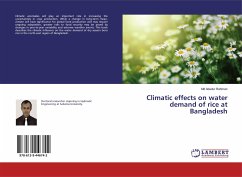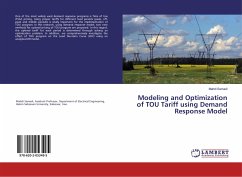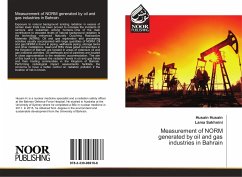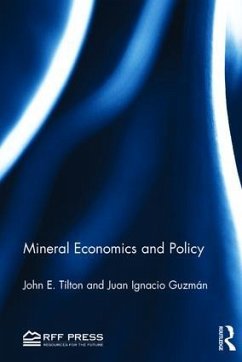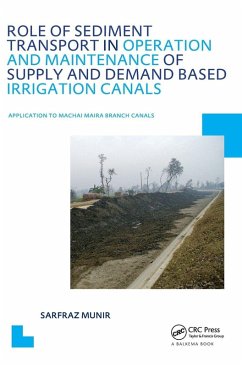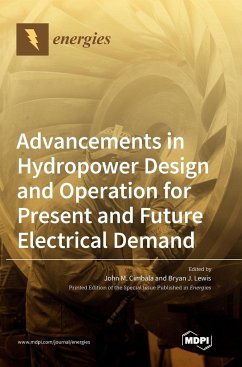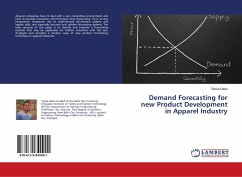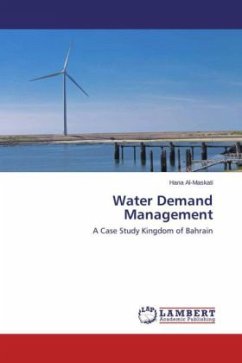
Water Demand Management
A Case Study Kingdom of Bahrain
Versandkostenfrei!
Versandfertig in 6-10 Tagen
39,99 €
inkl. MwSt.

PAYBACK Punkte
20 °P sammeln!
In the water supply system, the network is an important component in determining the success of the supply system. A well managed and robust network system will result in less frequent supply disruptions and low system losses. Water is now considered a scarce but essential resource that should be managed in an integrated manner. Current urban water management concepts and practices cannot adequately respond to these requirements. The traditional approaches of resource handling are now considered as unsustainable. Water demand management (WDM) is a new approach that aims at influencing demand &...
In the water supply system, the network is an important component in determining the success of the supply system. A well managed and robust network system will result in less frequent supply disruptions and low system losses. Water is now considered a scarce but essential resource that should be managed in an integrated manner. Current urban water management concepts and practices cannot adequately respond to these requirements. The traditional approaches of resource handling are now considered as unsustainable. Water demand management (WDM) is a new approach that aims at influencing demand & thus improving distribution efficiency. There is a need to change the way that water resources are managed. In order to maintain sustainability, water Demand management (WDM) application tools are required in addition to supply management. The main driver for this research was the supply-driven orientation favoured by policy makers and practitioners in Bahrain with little consideration for demand management. There was also a need to investigate the institutional environment for managing water resources and delivering sustainable water supply to Bahrain.



